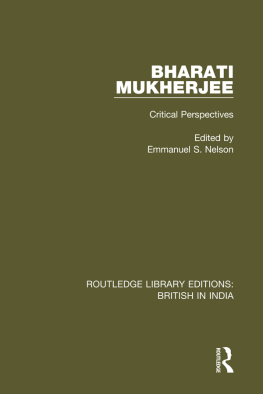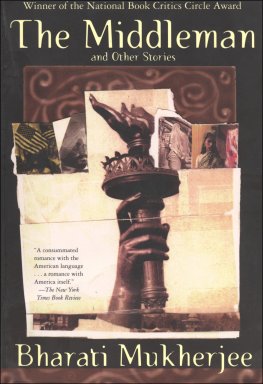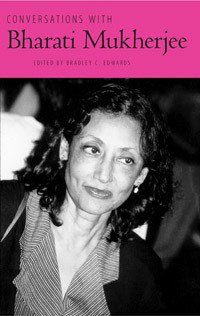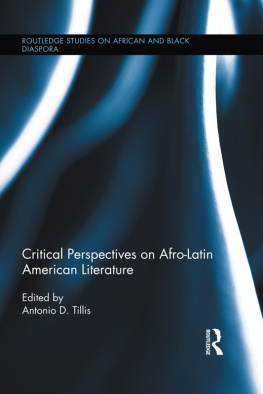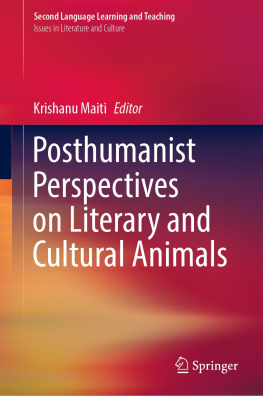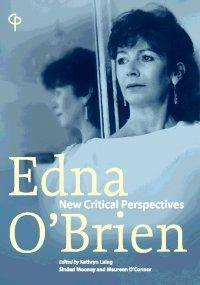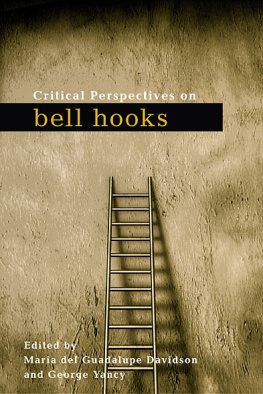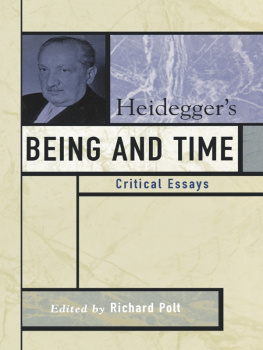ROUTLEDGE LIBRARY EDITIONS: BRITISH IN INDIA
Volume 1
Bharati Mukherjee
First published in 1993 by Garland Publishing, Inc.
This edition first published in 2017
by Routledge
2 Park Square, Milton Park, Abingdon, Oxon OX14 4RN
and by Routledge
711 Third Avenue, New York, NY 10017
Routledge is an imprint of the Taylor & Francis Group, an informa business
1993 Emmanuel S. Nelson
All rights reserved. No part of this book may be reprinted or reproduced or utilised in any form or by any electronic, mechanical, or other means, now known or hereafter invented, including photocopying and recording, or in any information storage or retrieval system, without permission in writing from the publishers.
Trademark notice: Product or corporate names may be trademarks or registered trademarks, and are used only for identification and explanation without intent to infringe.
British Library Cataloguing in Publication Data
A catalogue record for this book is available from the British Library
ISBN: 978-1-138-22929-7 (Set)
ISBN: 978-1-315-20179-5 (Set) (ebk)
ISBN: 978-1-138-24361-3 (Volume 1) (hbk)
ISBN: 978-1-138-28382-4 (Volume 1) (pbk)
ISBN: 978-1-315-26999-3 (Volume 1) (ebk)
Publishers Note
The publisher has gone to great lengths to ensure the quality of this reprint but points out that some imperfections in the original copies may be apparent.
Disclaimer
The publisher has made every effort to trace copyright holders and would welcome correspondence from those they have been unable to trace.
Bharati Mukherjee
Critical Perspectives
Emmanuel S. Nelson

GARLAND PUBLISHING, INC. NEW YORK & LONDON
1993
1993 Emmanuel S. Nelson
All rights reserved
Library of Congress Cataloging-in-Publication Data
Nelson, Emmanuel S. (Emmanuel Sampath), 1954
Bharati Mukherjee : critical perspectives / Emmanuel S. Nelson.
p. cm. (Garland reference library of the humanities ; vol.
1663)
Includes bibliographical references.
ISBN 0-8153-1173-7 (acid-free paper)
1. Mukherjee, BharatiCriticism and interpretation.
I. Mukherjee, Bharati. II. Title. III. Series.
PR9499.3.M77Z79 1993
813.54dc20
93-18145
CIP
Printed on acid-free, 250-year-life paper
Manufactured in the United States of America
For Alpana, Anindyo, and Gurleen
Contents
Emmanuel S. Nelson
Maya Manju Sharma
Pramila Venkateswaran
Brinda Bose
Samir Dayal
Janet M. Powers
Pushpa N. Parekh
Anindyo Roy
Alpana Sharma Knippling
Debjani Banerjee
Gurleen Grewal
Mitali R. Pati
Carole Stone
Emmanuel S. Nelson
At the 1991 Modern Language Association convention held in San Francisco, I organized and chaired a special session titled Bharati Mukherjee and the Immigrant Tradition. Three presenters on the panelAlpana Sharma Knippling, Anindyo Roy, and Gurleen Grewaloffered vigorous critiques of what they perceived to be problematic aspects of Mukherjees art and ideology. As privileged cultural insidersas scholars who share Mukherjees upper-middle-class Indian background as well as her immigrant experience in the United Statesthey challenged politely but confidently some key elements of her work. Mukherjee herself was present at the session, and she responded with an articulate defense of her aesthetics and her politicsa defense that elicited an enthusiastic applause from the audience. The lively intellectual exchange between the author and the critics generated considerable drama; it made the sessionin the opinion of many who attended ita memorable scholarly event. A central objective of this collection of essays is to expand upon and advance the discussion that emerged during that MLA session.
As a Calcutta-born writer who now calls the United States her home after having spent many bitter years in Canada, Bharati Mukherjee is part of a variety of rich literary traditions. Her works can certainly be read in the national context of Indian writing in English and in the international context of the literature of the Indian diaspora. Some of her short stories and works of nonfiction that relentlessly expose and challenge Canadian racism are powerful enough to make her an important figure in the literature of multicultural Canada. Her major narratives of migration, of course, have earned her a significant place in the contemporary literature of the United States. The essays in this volume largely locate her in the American context; collectively, they help define her singular voice in the tradition of immigrant writing.
Mukherjees complicated politics reflect her multiple (dis)locations; her works reveal the imprint of a complex perspectivea perspective that is simultaneously shaped by her ethnicity, postcoloniality, gender, and migrancy. This complexity, in itself, is not new; after all, there are many immigrant women writers of color who share Mukherjees predicament. What is fascinating, however, is Mukherjees determined rejection of the emotional paralysis of exile and her enthusiastic affirmation of the immigrant condition; her remarkable success in forging a coherent vision out of the chaos of her multiple displacements; and her ability to articulate that vision in a voice that is as subtle as it is insistent, as graceful as it is provocative.
The twelve essays that follow the introduction interpret Mukherjees oeuvre from a variety of critical perspectives. The authors approaches range from the biographical to the poststructuralist, from cultural analysis to comparative commentary to deconstructive reading. (Contributors to this book quote from different editions of Mukherjees works.) Such diversity in the contributors theoretical stances and interpretive strategies enables this collection of essays to serve a key purpose: to offer not only multiple but conflicting perspectives on Mukherjees art and achievement.
Maya Manju Sharmas The Inner World of Bharati Mukherjee: From Expatriate to Immigrant provides an appropriate beginning for a discussion of Mukherjees life and work. Here Sharma maps the radical transformation of Mukherjee as an artist: from an aloof and alienated expatriate author in emotional and artistic alignment with other exiled writers (such as V.S. Naipaul) to a confident storyteller who has now enthusiastically redefined herself as an artist in the immigrant tradition of American writers (such as Bernard Malamud). The focus of Sharmas essay is largely on Mukherjees early novels The Tigers Daughter (1971) and Wife (1975). Arguing that both narratives are grounded in selected autobiographical facts, Sharma proceeds to comment on Mukherjees effective transmutation of those life-facts into powerful fictional statements. Defending Mukherjee against ideologically motivated criticismsespecially from Indian nationalists and Western feministsSharma combines her own insights into Bengali Hindu culture with Sudhir Kakars psychoanalytic theories of Westernized Indian consciousness and offers perceptive interpretations of both novels.
While Sharma outlines in broad terms Mukherjees transformation from an expatriate to an immigrant, Pramila Venkateswaran, in her essay that follows Sharmas, focuses precisely on that crucial transformative stage. Venkateswaran, in her Bharati Mukherjee as Autobiographer, identifies Days and Nights in Calcutta (1977) as a significant text that marks the nodal point in Mukherjees personal and artistic development: Days and Nights reveals Mukherjees increasing preparedness to abandon her Naipaulian preoccupation with nomadic alienation and to engage the liberating potential of immigration. Days and Nights , co-authored with Clark Blaise, is an unconventional autobiographical narrative that occupies the indeterminate area between selfportraiture and journalistic reportage, between autobiography and ethnography, between self-writing and cultural anamnesis. On the one hand, the narrative is an effort to expose the predicament of women in a decidedly patriarchal Indian society; on the other hand, it is an attempt by Mukherjee to define her own multiple (dis)locations, examine her increasing discomfort with a variety of Indian cultural practices, and come to terms with her growing realization that the real India is vastly different from the imagined home of her expatriate nostalgia. Venkateswaran points out that Mukherjees failure to integrate the tradition of Shakti (female power) into her analysis of womens status in the Indian socioculture renders her portrayal rather synecdochic; nevertheless, Venkateswaran argues, Days and Nights offers one of the most compelling examinations of the lives of women in contemporary India. Even more significantly, Days and Nights is a pioneering text in the literature of postcolonial expatriation: it systematically destroys, not without considerable personal anguish, the illusion of home in a bold attempt to forge a new home and a new identity in another country.

